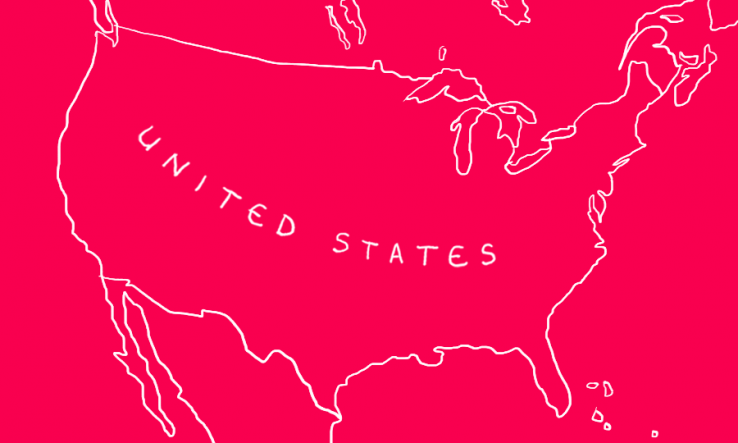
This week: science integrity, the student loan freeze and a phrasebook for informed consent
In depth: US research agencies including the Geological Survey and the Environmental Protection Agency are in line for double-digit percentage increases in their budgets, as lawmakers draw up legislation for government spending in 2022.
Full story: Budgets set to expand at US environment research agencies
Also this week from Research Professional News
US environment agency accused of ‘doctoring’ risk assessments—Whistleblower support organisation says public health is at risk and asks Congress to investigate
Here is the rest of the US news this week…
White House seeks views on scientific integrity policies
The administration of president Joe Biden wants to know whether federal science integrity policies are working and whether they need to be expanded. A consultation is asking how the government should handle issues such as disagreements within the community and interference by political staff. The government also wants to know how it should update policies to cover newer practices such as citizen science and the use of self-learning software. Feedback is being sought until 28 July.
Democrats urge Biden to extend student loan repayment freeze
Congressional Democrats have asked president Joe Biden to move the end of a pause on federal student loan repayments from September to early 2022. Patty Murray, chair of the Senate education committee, and Robert Scott, chair of the House education committee, said the Department of Education should use the time to make sure student borrowers knew about the repayment restart. Republicans previously asked Biden not to extend the repayment holiday, citing the costs involved.
NIH looks for the right words for informed consent
The National Institutes of Health is looking for the best language to use when seeking informed consent from trial participants and specimen donors. It is writing a phrasebook that researchers can turn to when writing declarations for participants. Using the forms and phrases it settles on will be voluntary, and the language will need to be adapted for vulnerable subjects or those with specific cultural beliefs, the agency said.